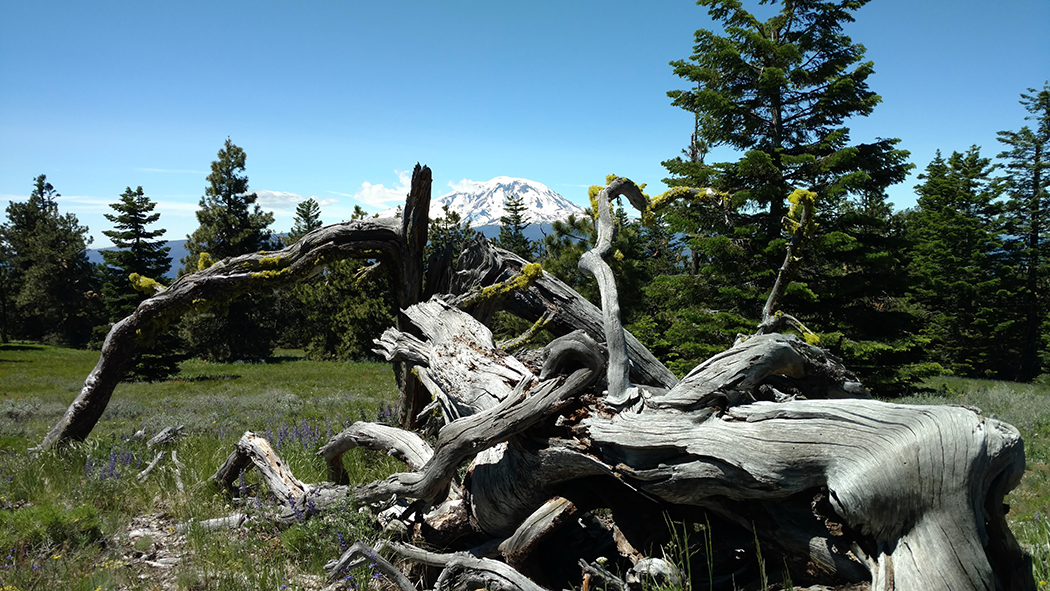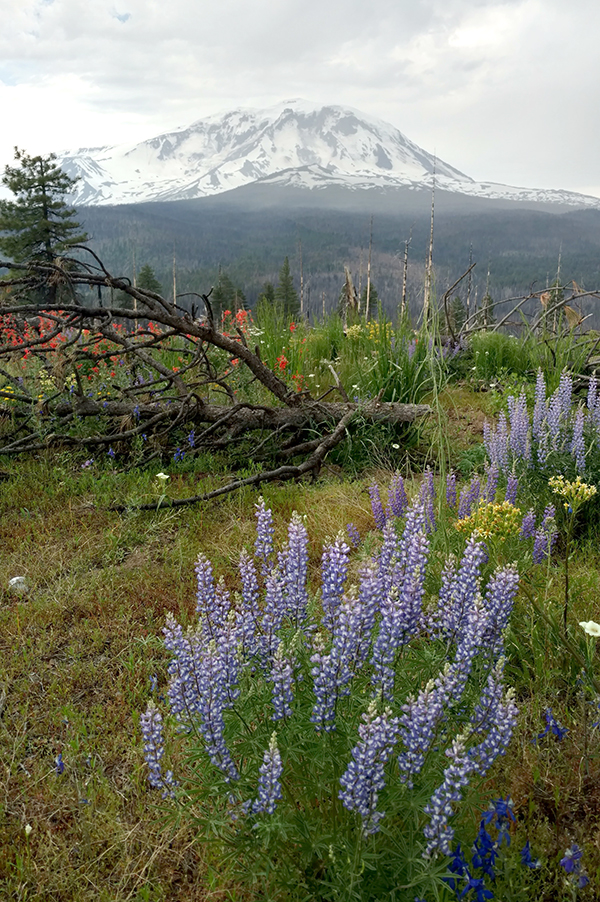As I travel from tradeshows to conferences, and even chat with family and friends, and attempt to explain the Sustainable Forestry Initiative’s (SFI) core mission, I’ve noticed a recurring theme. To paraphrase, people remark that “it’s a great time to be in sustainability because going green is so important these days.” Sustainability is on the tip of everyone’s tongue, even if we don’t entirely agree on what it means.

“Some name their forests after people. We name our people after the forest.” Don Motanic (Umatilla)
Interestingly, sustainability itself, is a term that can be loaded with emotional value. For instance, sustainability seeks to balance social, environmental, and economic values, yet personal beliefs frequently result in a preference for one of the three pillars.
I was reminded of this last week while attending the 41st Annual Timber Symposium, sponsored by the Intertribal Timber Council (ITC), and hosted by the Yakama Nation in Yakima, Washington, June 26-29th. The meeting brings together over 300 representatives from tribes, government, academia, nonprofit sectors, and businesses unified in advancing sustainable forest management consistent with Indigenous values across tribal lands.

While touring Yakama lands, one visiting forester challenged our hosts: “Why are your harvests less than your projected growth? Don’t you see that this growth will eventually decay and that value will be lost?”
Yakama managers responded that maximizing timber yields is only one component of their larger management strategy. They need to ensure healthy wildlife populations for hunting, proper landscape conditions to produce huckleberries, roots, and other wild crops, and to protect culturally significant sites. They also explained that while timber management is important for economic gain, ensuring that it returns that value to their community through the use of tribal contractors and companies is essential.

For the Yakama, sustainability isn’t just good business; it’s a way of life. For some, sustainability is a prescription promised to fix a wide range of symptoms. Conversely, Indigenous values ask us to consider the source of the ailment and perhaps see the problem as a reflection of our collective values.
It is easy to ponder what the world needs to do to get sustainability right. As a sustainability professional, that’s the driving question behind my career. However, the more challenging question to ask yourself may be: “What can I do in my life to be more sustainable?”
The Yakama Nation has the opportunity to make the most of their tribal heritage on a truly wonderful and diverse landscape. Although some of these lessons may not be transferable outside their lands, the ideas of revering the natural world as a central tenet of social prosperity couldn’t be more applicable. Perhaps to balance social wellbeing with environmental health and economic prosperity, we need to reevaluate where we start. Many of the lessons we’re looking to learn have been here all along.
